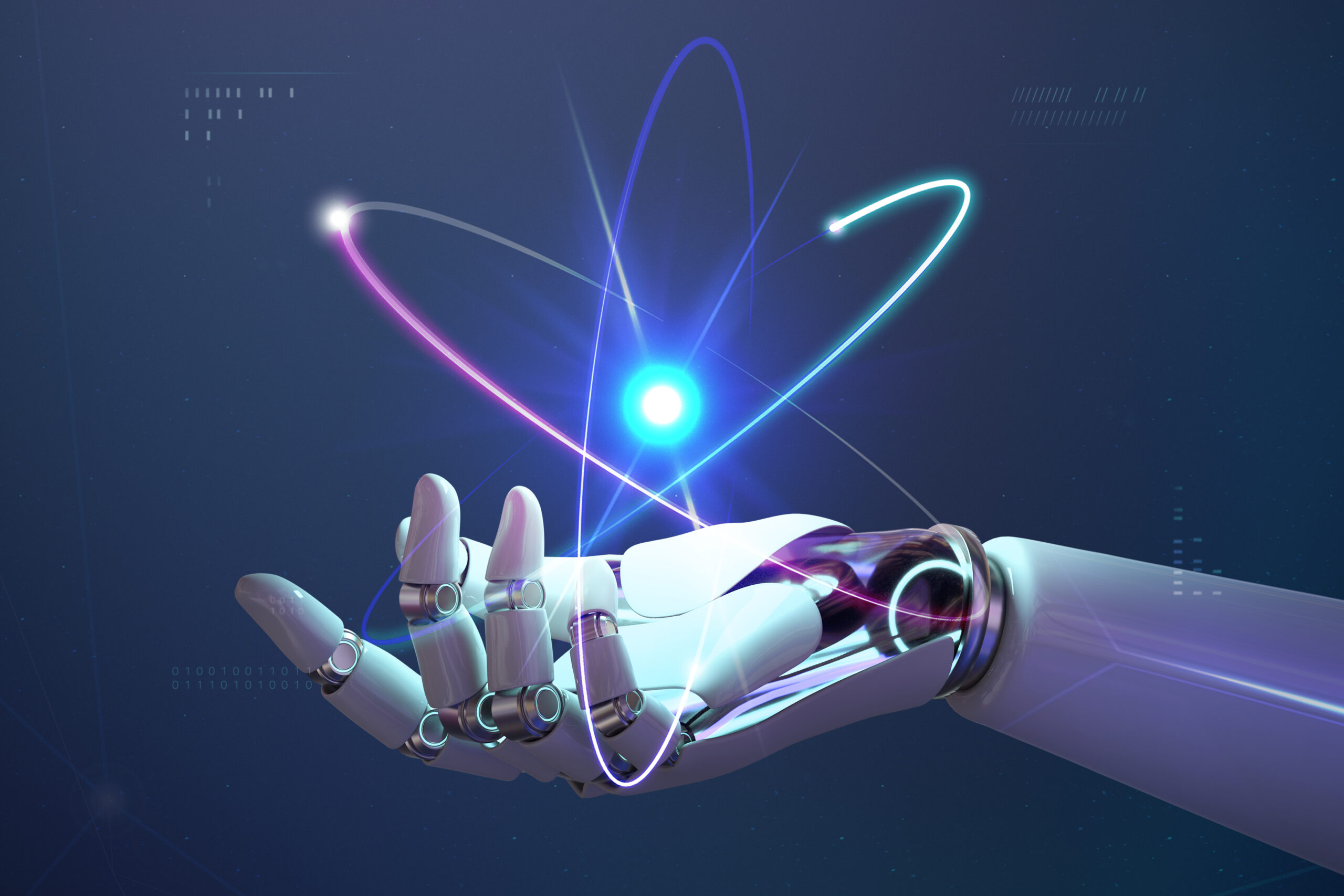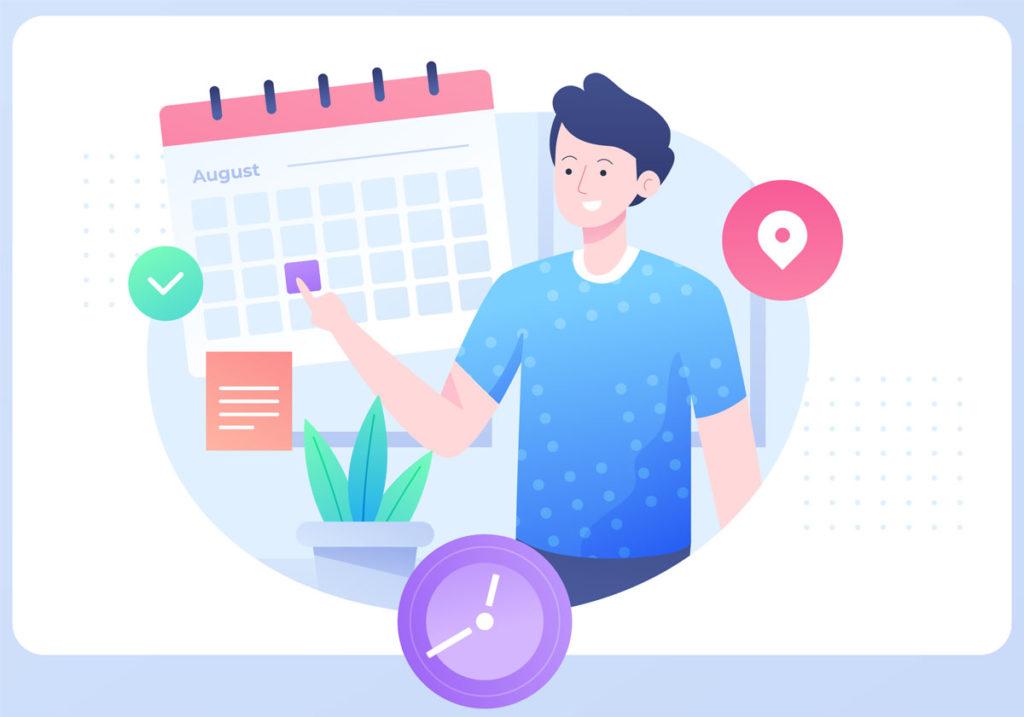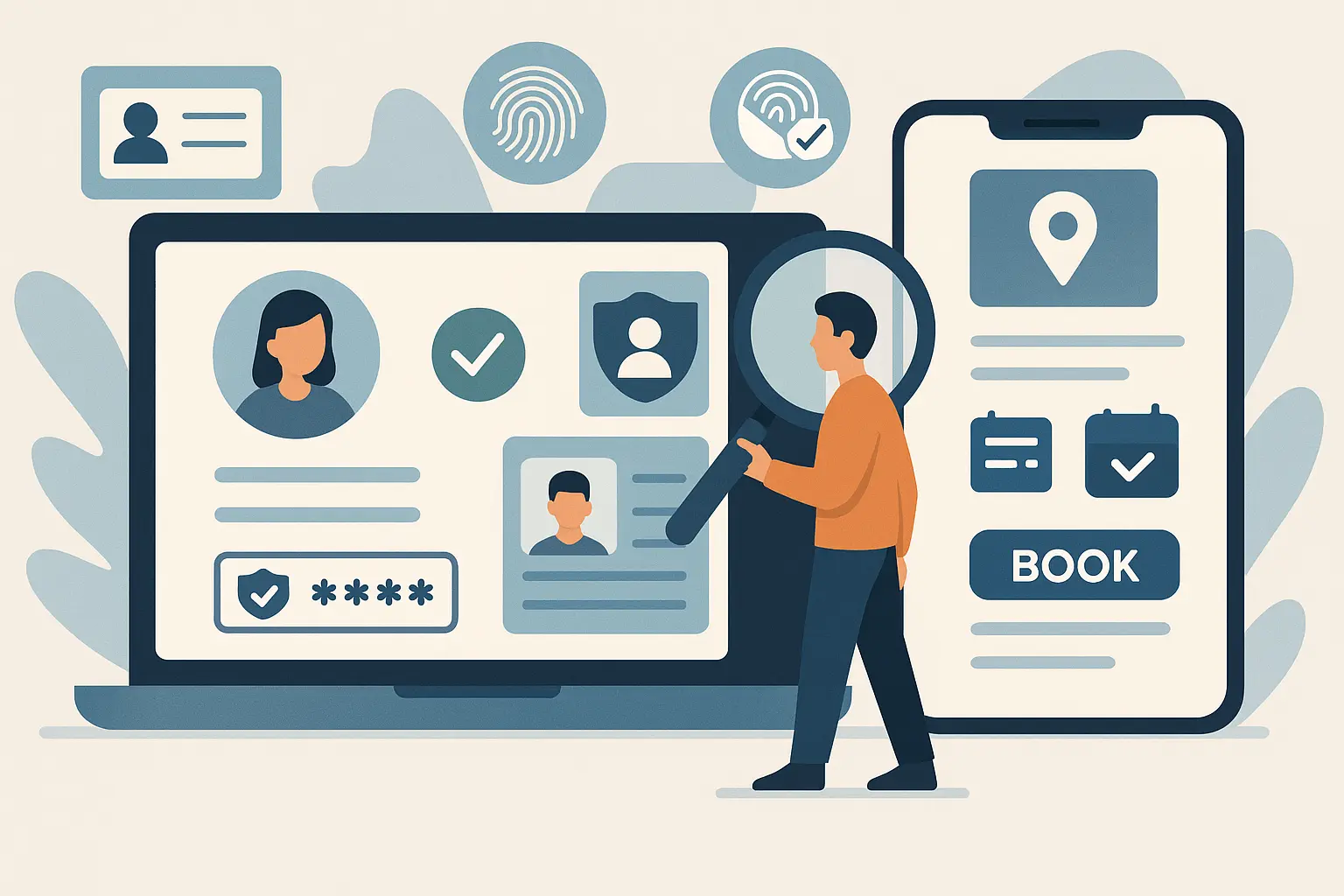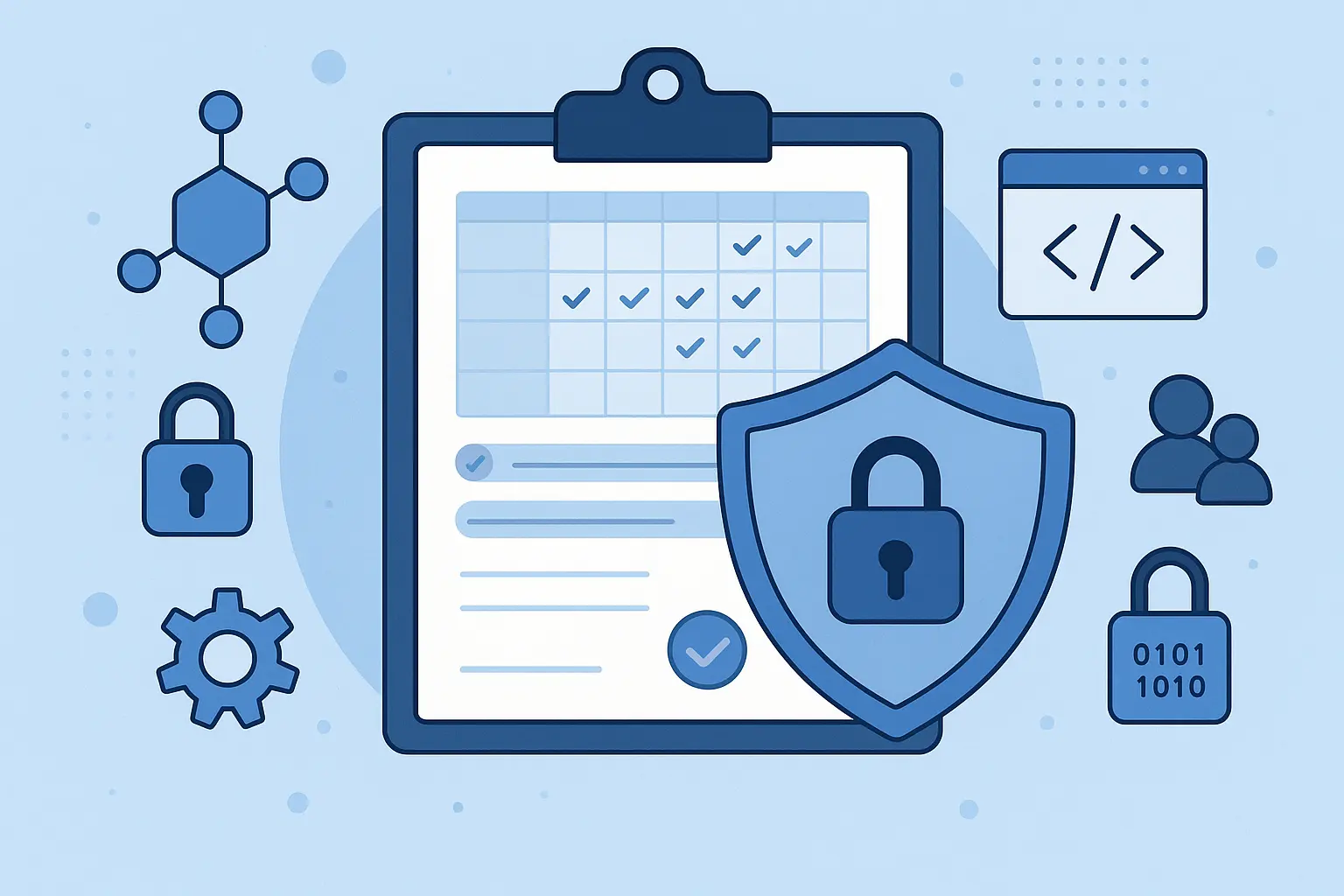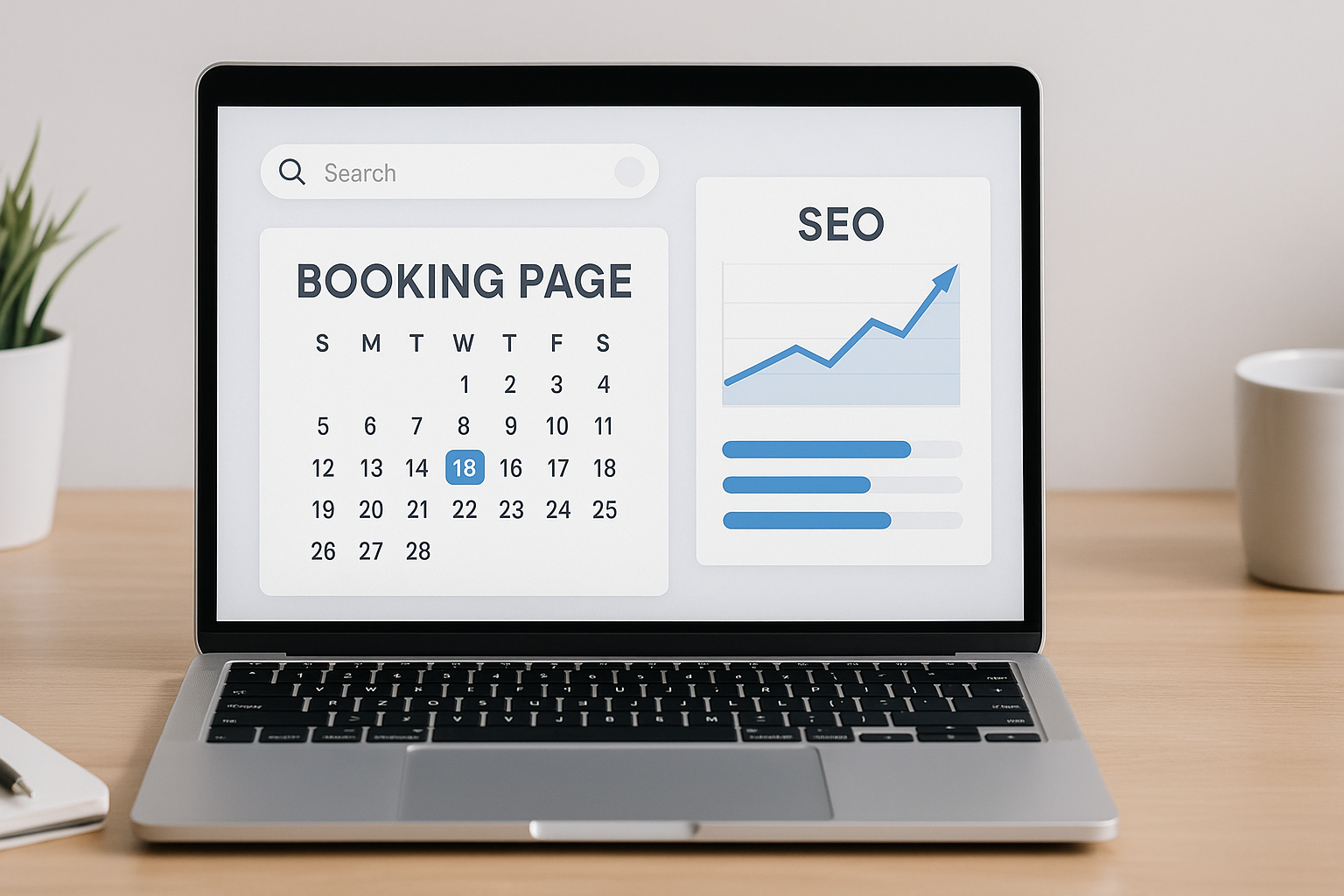Positive customer experience is the core of any business success. It’s especially important when it comes to scheduling and booking appointments. It’s usually a starting point of your relationship with clients. A simple and efficient start will demonstrate that you are committed to satisfying them. So, how can you improve these processes? The answer is simple – incorporation of AI. Keep reading and learn how it can make your interactions more effective and user-friendly.
Limitations of Traditional Scheduling Practices
Many companies still use traditional customer scheduling methods. Yes, they were effective a while ago. However, now people expect all these initiatives to be faster and more accurate. Conventional systems may lack these aspects. They often rely on basic digital tools like spreadsheets or calendar software. Currently, they have many limitations, including
- Errors due to manual data entry;
- Time-consuming processes;
- Limited flexibility and scalability;
- Lack of personalization;
- Long wait times;
- Higher risk of missed appointments, and much more.
All these points can negatively impact the experience people have with your company. So, we recommend you explore more advanced alternative solutions. One of the most popular options is AI-driven customer scheduling. More specifically, AI agents designed to act autonomously across platforms and channels. Below, you’ll find more about how it works and what it can offer you.
All about AI in Customer Scheduling
Artificial intelligence technologies automate and optimize the process of organizing appointments and reservations for businesses. They employ advanced algorithms and machine learning models, which allows them to handle tasks traditionally managed by humans.
The main purpose of this advancement is to improve efficiency and the overall experience of your customers. You probably want to know more about the practical uses of AI in customer scheduling. So, we gathered its main features below.
Automated Appointment Management
AI systems automate the entire booking process. They allow customers to schedule appointments through different channels like websites or mobile apps. It saves a lot of time, as your staff doesn’t have to input them manually. The system provides instant confirmation to the client once they’re done with booking. Also, it automatically records any changes or cancellations.
Moreover, this advancement can detect double bookings and suggest alternative times. It ensures that arrangements do not overlap and even sends automated notices to reduce no-shows. Your customers will have the possibility to customize these notifications to their taste.
Another great feature of these systems is their flexibility in rescheduling. They update the availability live, so your clients can easily find alternative timing. This allows you to manage your schedule more efficiently as well.
Smart Calendar Integration
Most AI-powered scheduling tools combine with digital calendars and other scheduling tools. So, all the meetings get automatically synchronized across multiple platforms. It can help you prevent any scheduling conflicts.
Also, you’ll have the possibility to view all the appointments from a single interface. You can coordinate your resources much better that way. In case of any changes, you’ll receive a notification right away. There will be a lower risk of miscommunication and missed bookings. So, your clients will always be confident in the relevancy of their appointments.
Users can access these integrated calendars from any device. It gives them more agility and convenience, as they can manage everything on the go. Plus, this integration facilitates better collaboration between your team members as they can easily share their availability and coordinate tasks.
Personalized Scheduling
AI systems analyze customer data, including
- Past appointment times;
- Service history;
- Preferred communication channels, etc.
It allows them to understand the specific preferences of each client. Because of that, they can offer appointment slots that align with each person’s habits and convenience. For instance, if someone frequently books appointments in the late afternoon, the system will prioritize those slots.
Also, you can merge these systems with CRM. It will make the recommendation even more relevant, as they’ll have a full view of customer info. Plus, AI continuously learns from interactions and feedback. So, it can refine suggestions based on changes in your client’s behavior.
Another great feature these systems can offer is accountancy for special requirements. They can meet the need for a specific staff member or particular services. In general, personalized scheduling greatly improves the customer experience. Everyone appreciates the tailored approach, and it usually leads to a higher level of attendance.
Resource Allocation
The next aspect AI scheduling systems can optimize is the use of your business assets. They use algorithms to match resources with appointments based on specific criteria, like
- Staff expertise;
- Equipment requirements;
- Customer tastes, etc.
For businesses that rely heavily on logistics and deliveries, integrating epod software (electronic proof of delivery) can further streamline operations by ensuring that resources are efficiently allocated and tracked during the delivery process. The AI system can monitor resource availability and make immediate adjustments to the schedule. The system can quickly reallocate assets if one of them becomes unavailable due to unforeseen circumstances.
Also, AI can prioritize allocation based on the importance and urgency of tasks. It can distribute high-priority appointments to the best open resources. Plus, it can be really helpful in managing assets across different locations or departments as it reduces the need for excess capacity in any single location.
All of this will help you lower the operational costs and streamline the booking initiatives. It will lead to less waste and lower overhead. And your customers will receive timely and high-quality service.
Predictive Analytics
The last powerful element of AI scheduling systems we want to mention is predictive analytics. They examine historical data and pinpoint patterns in customer behavior and appointment bookings. It allows them to forecast future demand with high accuracy. So, you can prepare yourself for peak periods.
Also, predictive analytics can help you with resource allocations as well. If the system predicts a high number of appointments during certain times, it can
- Adjust staff schedules;
- Allocate additional rooms;
- Ensure necessary equipment is available.
Predictive analytics can identify factors that contribute to no-shows and cancellations as well. So, you can develop strategies to reduce missed appointments.
For example, you can send timely reminders or offer incentives for on-time arrivals. These capabilities are particularly valuable in industries that require precise resource management, such as billing in telecom, where forecasting and adjusting for demand can prevent bottlenecks and service delays. That way, your clients will feel more valued.
Key Benefits of AI Scheduling Systems
We can all agree that AI scheduling systems completely transformed client interactions. They made the process of booking appointments more convenient and efficient. Here are the biggest benefits these systems can offer your clients:
- 24/7 availability;
- High level of personalization;
- Minimization of waiting times;
- Automated reminders and notifications (e-mail, SMS, push notifications, etc.);
- Flexible options for rescheduling appointments;
- Multichannel access;
- Live updates on appointment availability;
- Better communication through automated follow-ups;
- Simplified check-in process, and much more.
These systems can make customer’s experience with your services more satisfying and comfortable. They allow you to create a stronger bond with them, which ultimately results in long-term success.
Potential Challenges
There’s no doubt that AI customer scheduling systems can be really beneficial. Yet, just like any other technology, they’re not perfect. You may have some difficulties with implementing and operating these systems. You have to comprehend all these hardships in order to minimize them. So, we created a list of common challenges you might have.
Data Privacy Concerns
These systems handle a lot of personal and sensitive info. They deal with customer contact details and appointment history. Without proper security, this data can be compromised. So, you should invest some additional money in protection measures. One effective solution is to integrate an open source password manager to protect access to sensitive information.
Also, all your activities must comply with current data regulations. Plus, you have to inform your clients that you’re using AI and get their consent.
Integration with Existing Systems
Another difficulty you may have is the complexity of integrating AI scheduling with your other systems. There might be some compatibility issues. So, you’ll have to dedicate more time and effort to make the process smoother.
Dependence on Quality Data
Keep in mind that these systems rely on the accuracy of the data they process. Incomplete or outdated data can lead to suboptimal scheduling decisions. It may negatively impact the customer experience and your operational efficiency. You have to constantly validate and update this data to avoid it.
User Adoption
You might face resistance from your employees to employ new technology. They might not like the need to change the current workflow and procedures. So, you have to provide them with adequate training and explanations. That way they’ll feel more comfortable about using this innovation.
Algorithm Bias
It’s worth mentioning that AI algorithms can inadvertently develop biases. The scheduling system might make unfair decisions if you train it on biased info. You have to periodically review and audit your systems to eliminate this risk.
Technical Issues
Just like any other technology, these systems may encounter downtime. These outages can disrupt scheduling processes and negatively impact customer experience. So, you need to develop a backup plan for situations like that.
Conclusion
Appointment scheduling is the first point of contact people have with your business. You have to make it as convenient as possible to make a good first impression. AI-powered scheduling systems can be really helpful in that matter. They are available at any time and work much faster than any human worker. Plus, they offer a high level of personalization. So, each customer will have the experience that suits their taste and requirements.
We hope that you found our guide useful. Never be scared to try innovative technologies, embrace them. You’ll definitely see positive changes in customer perceptions of your business!


